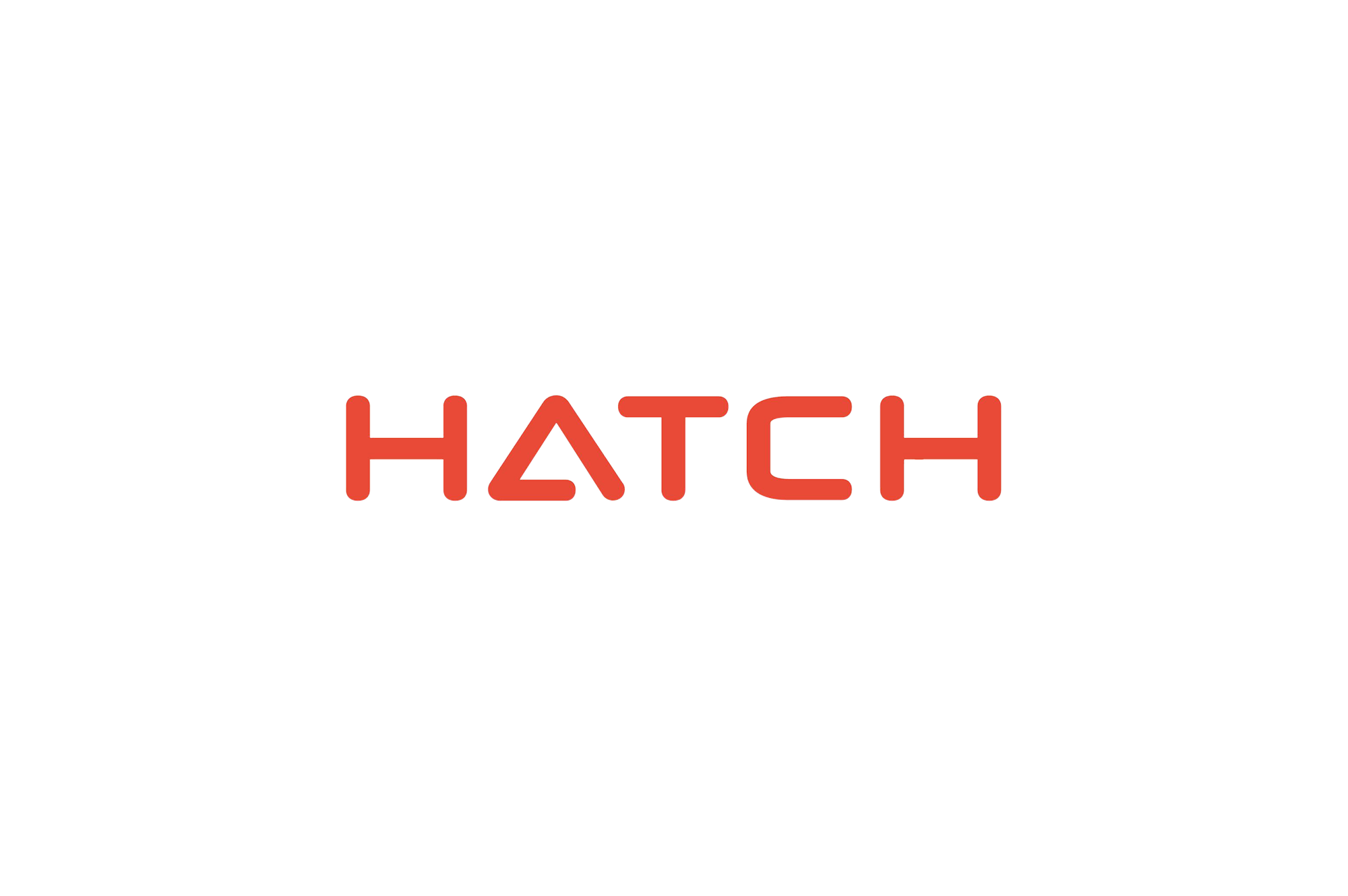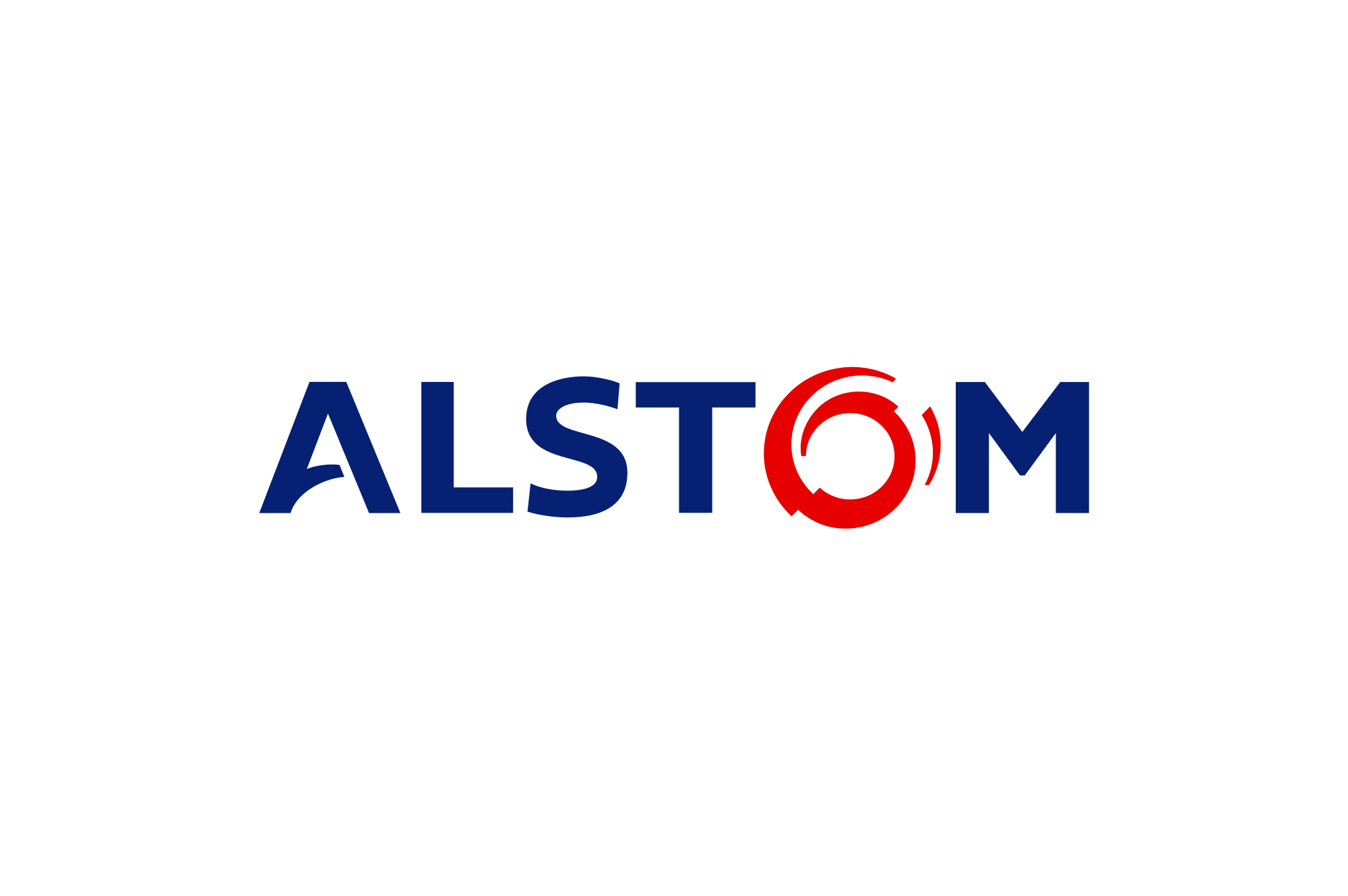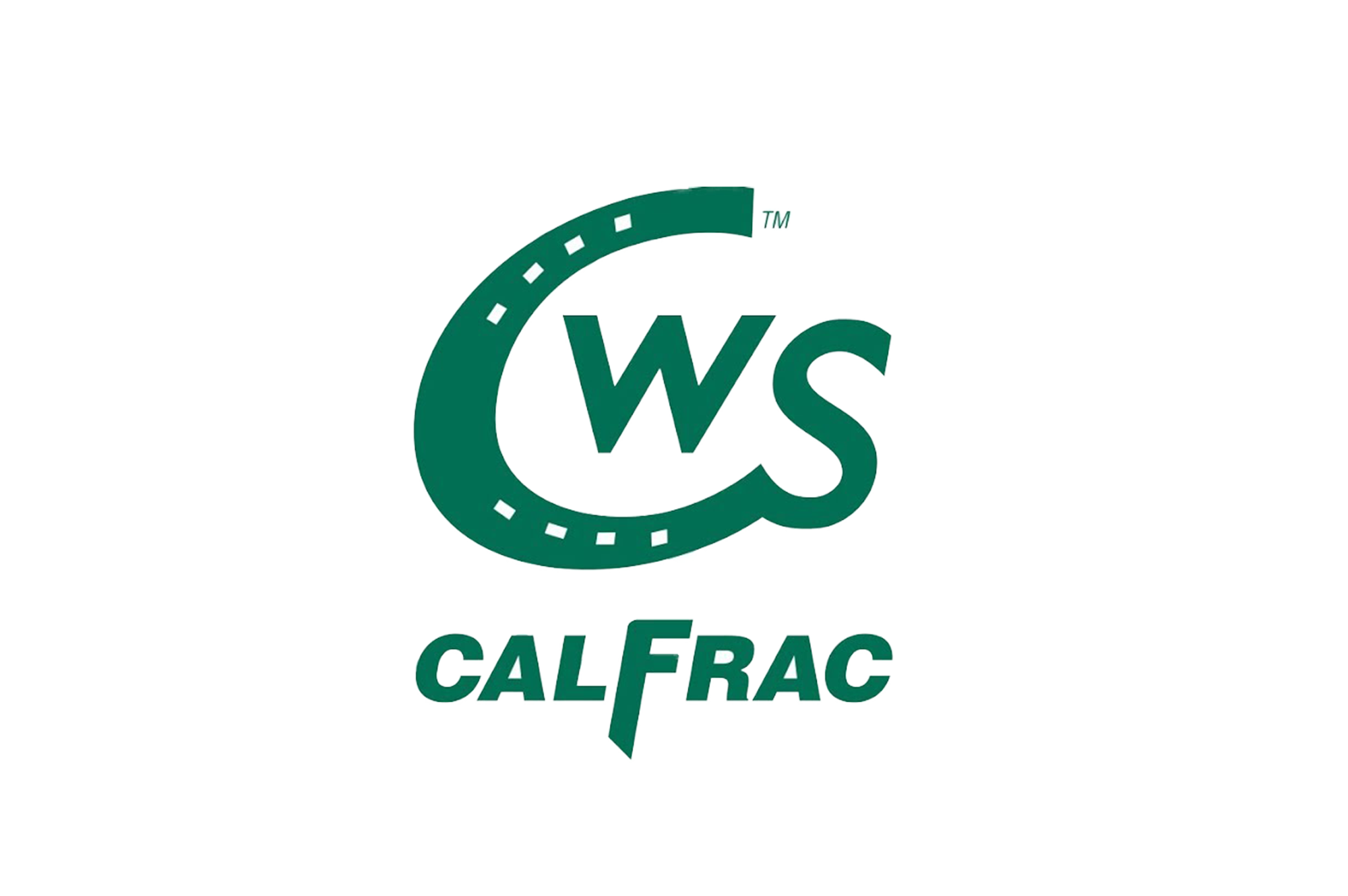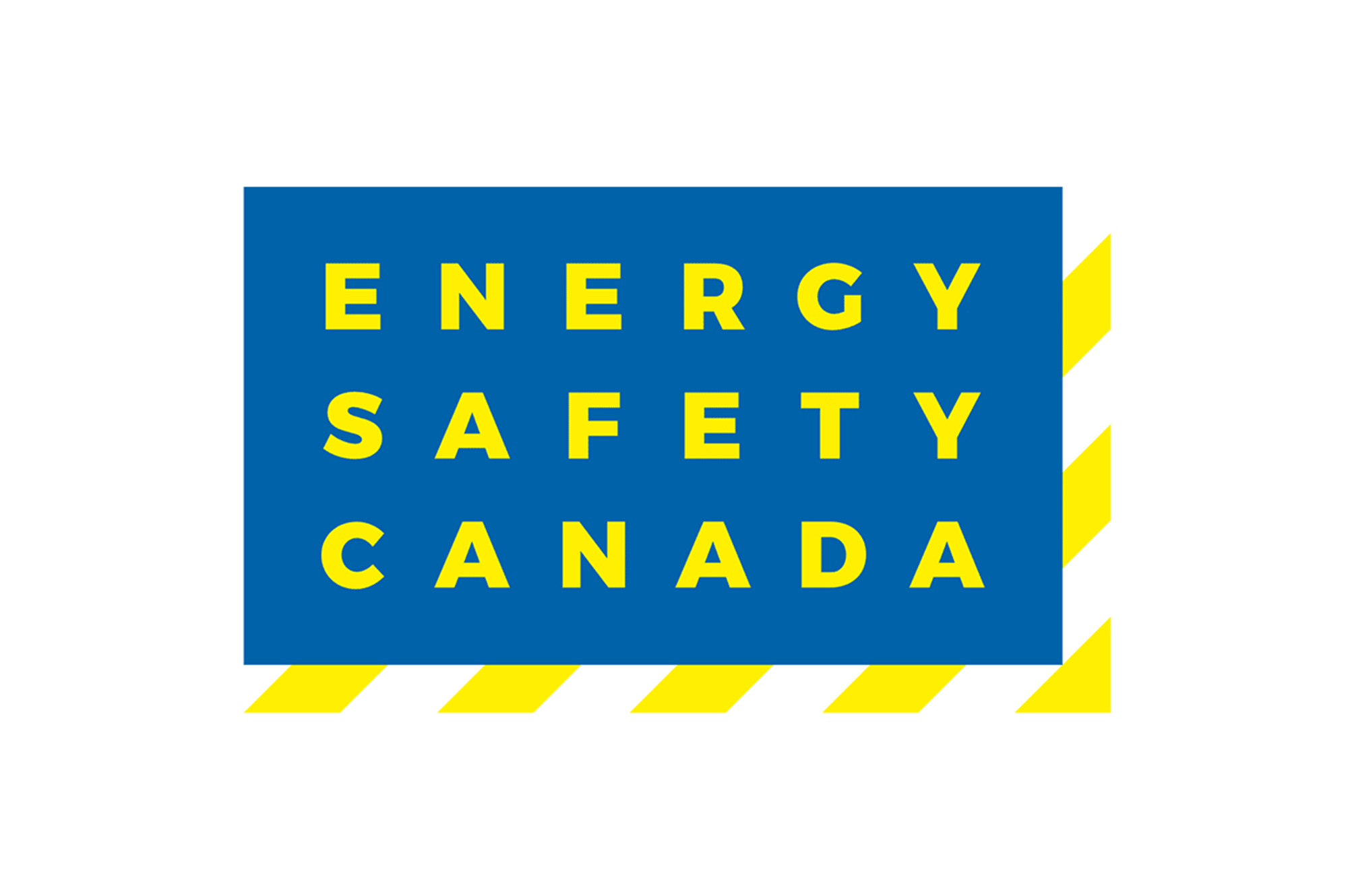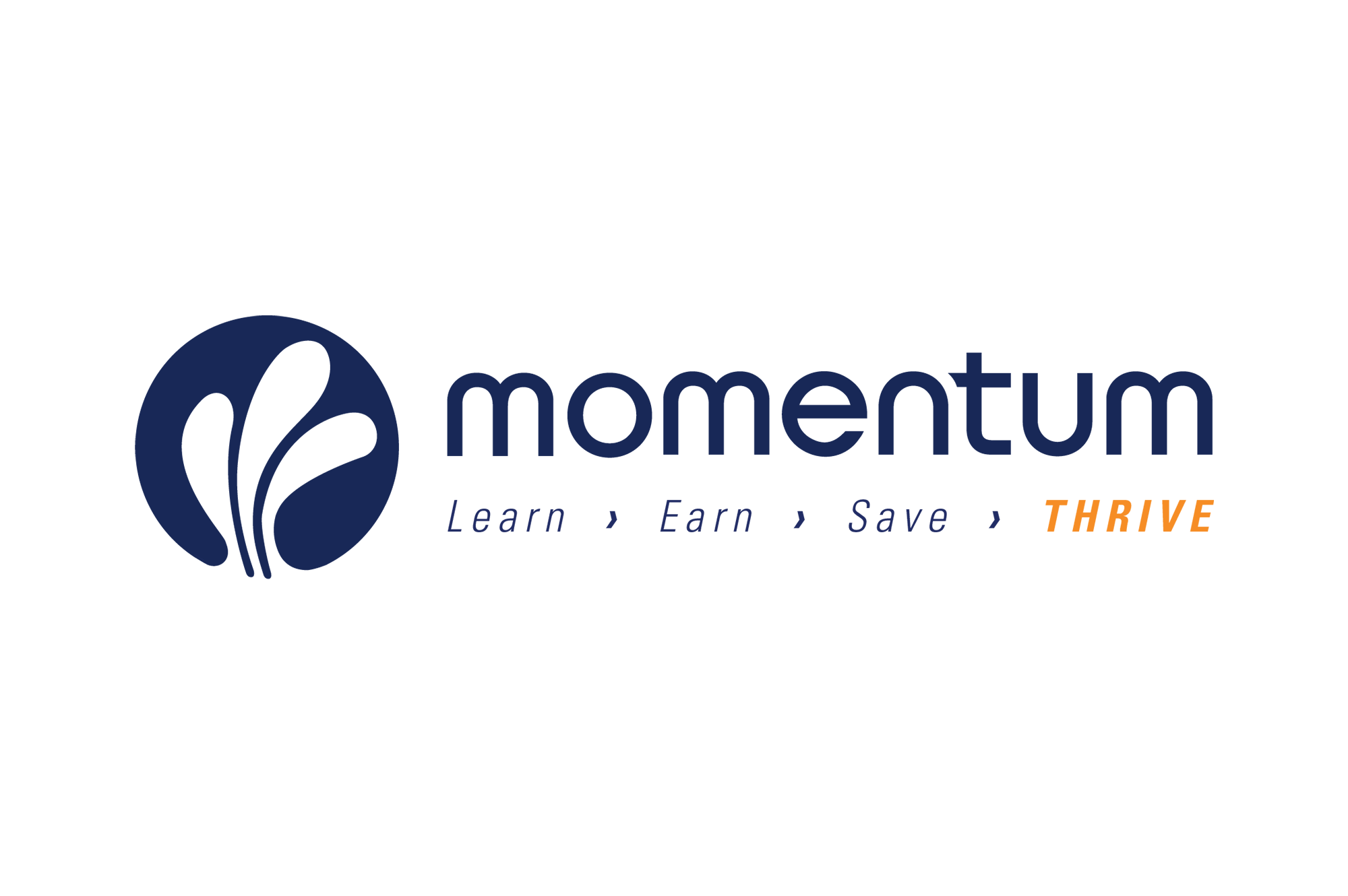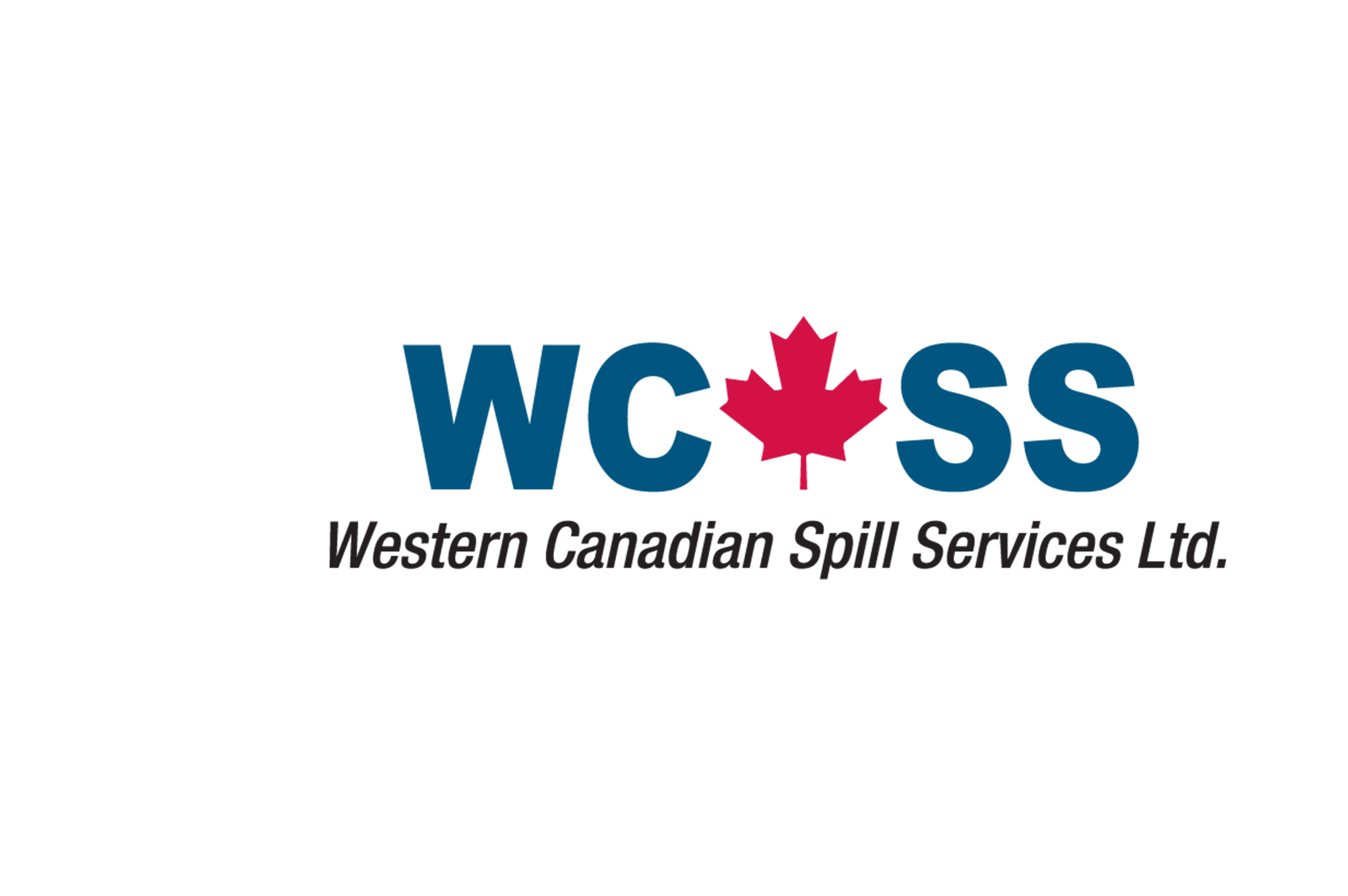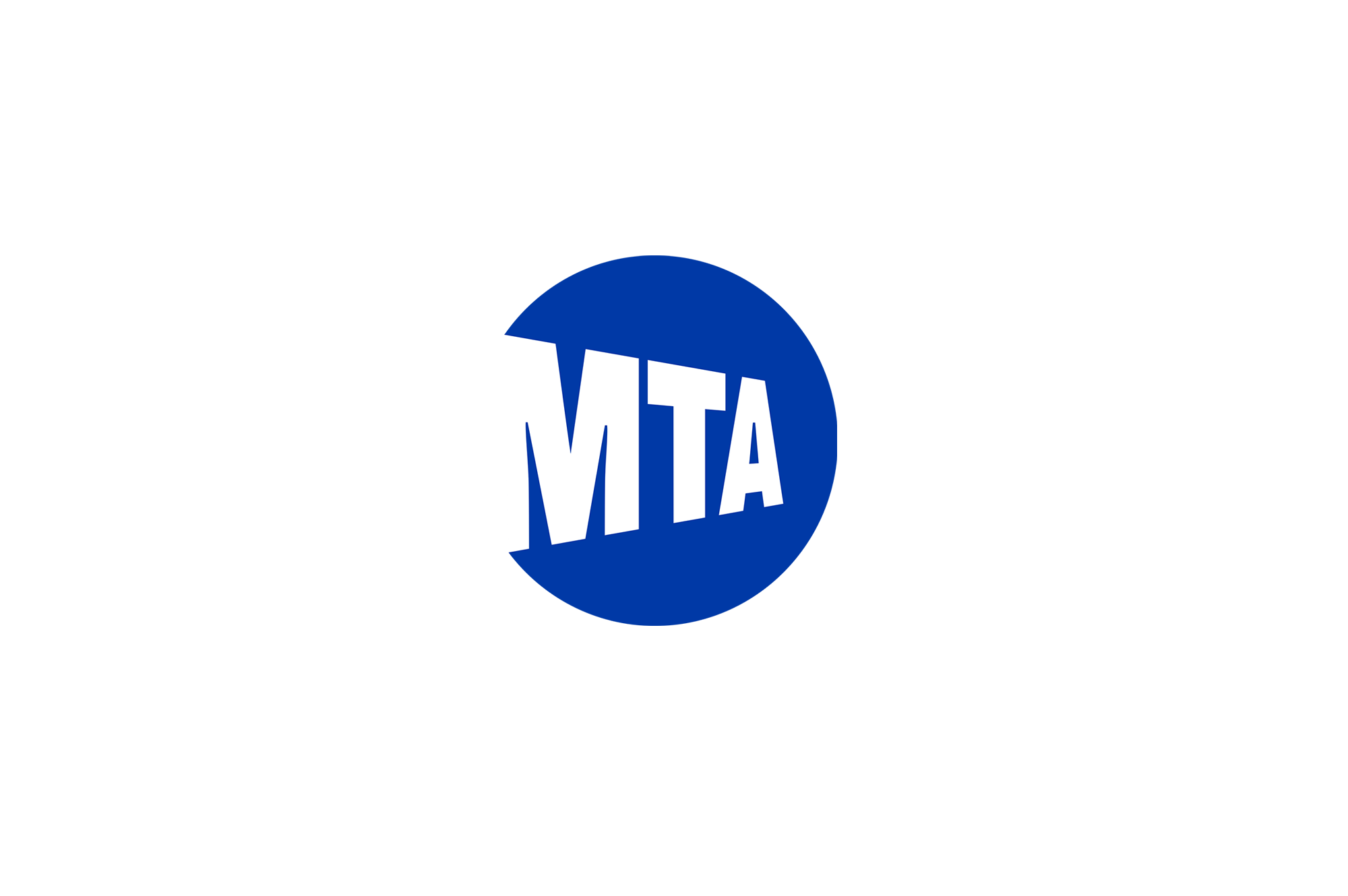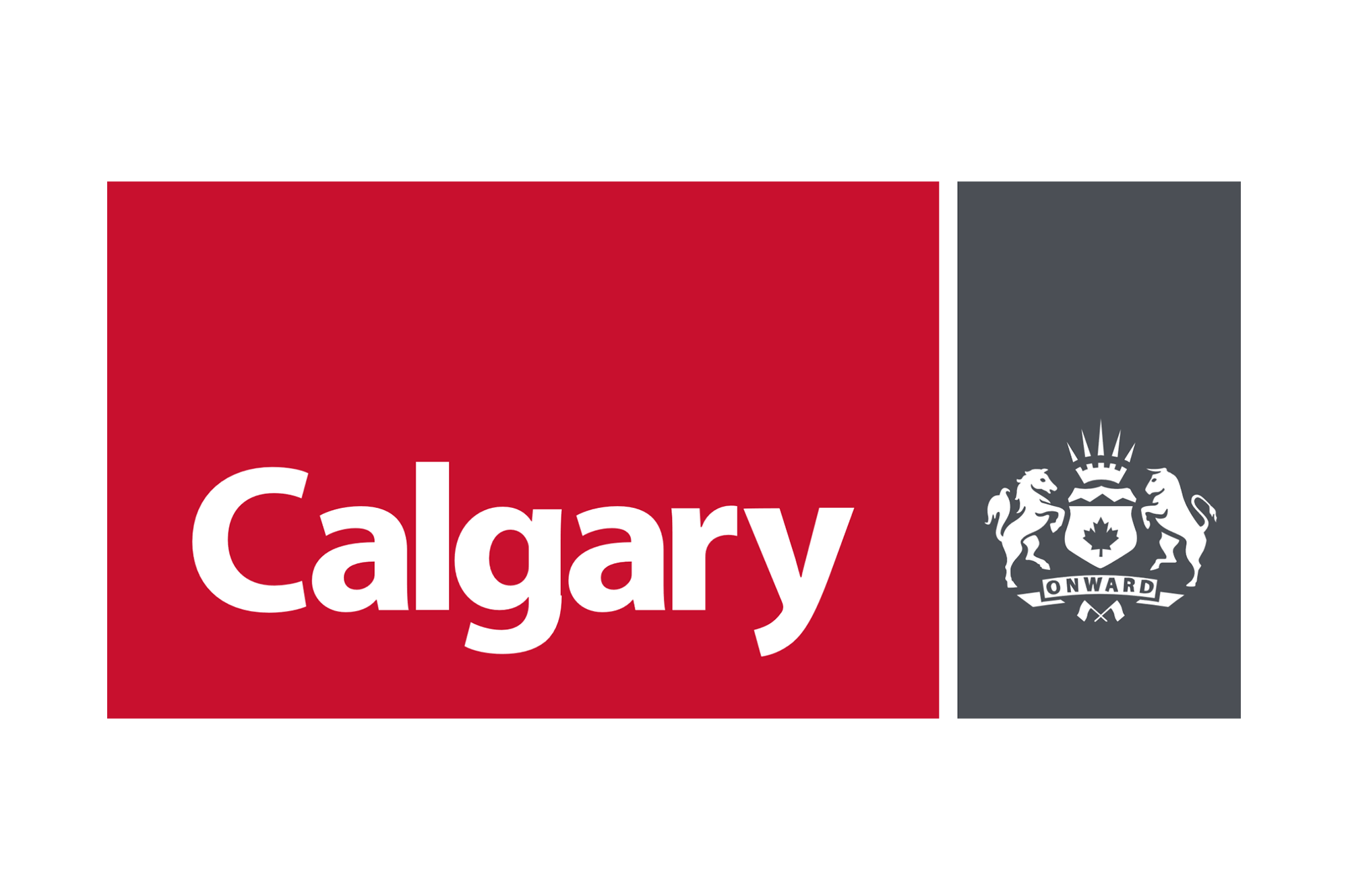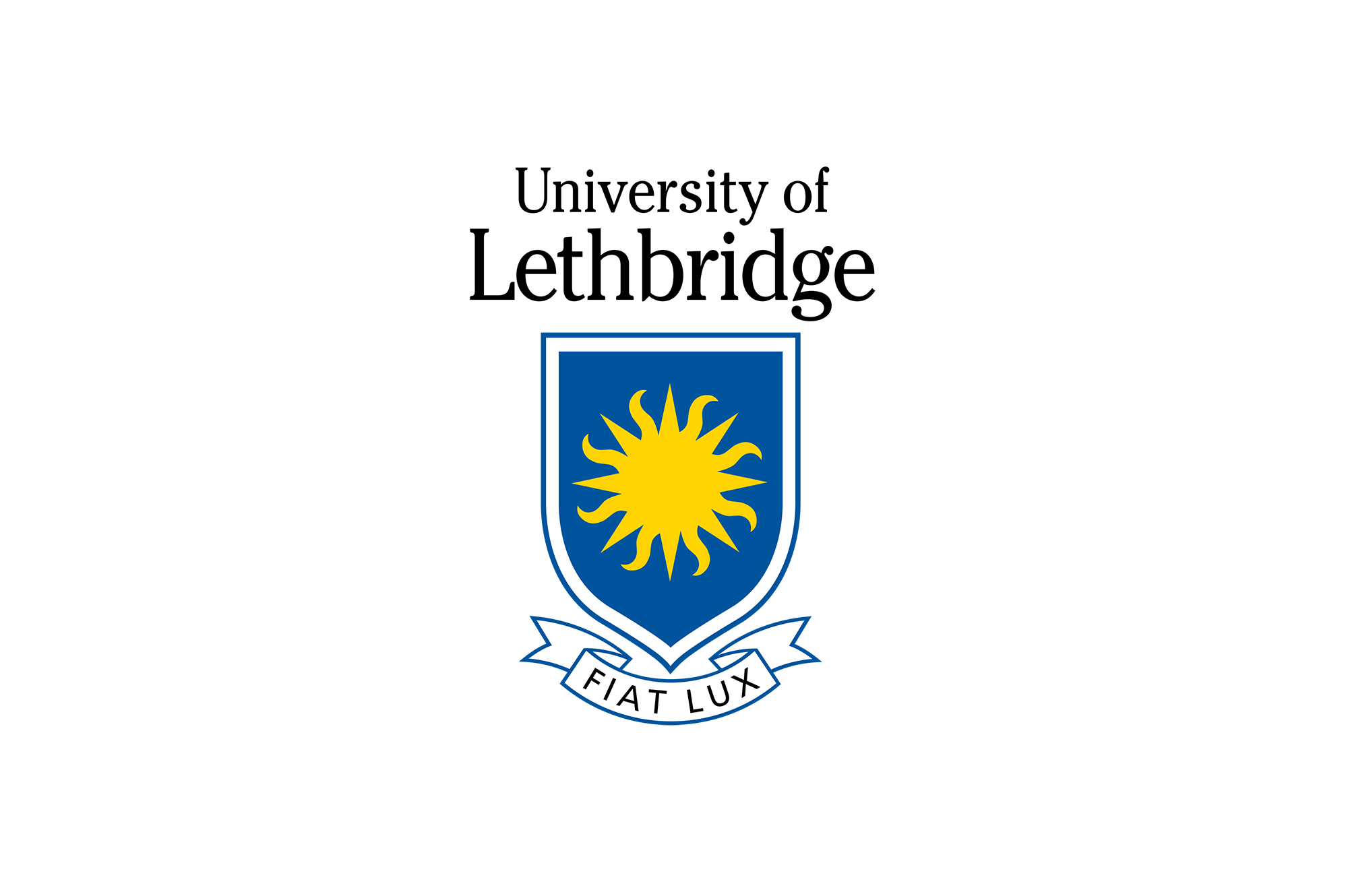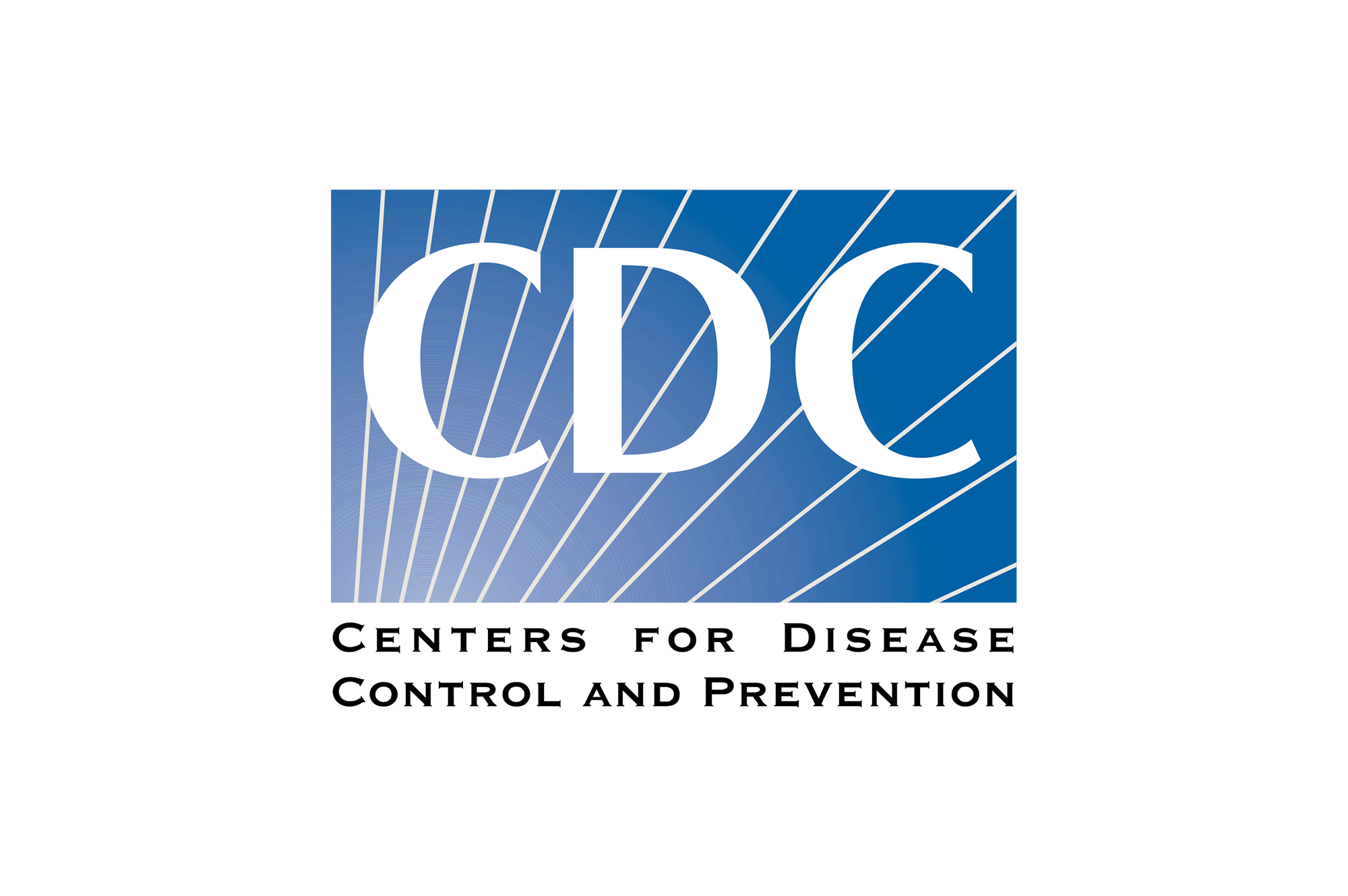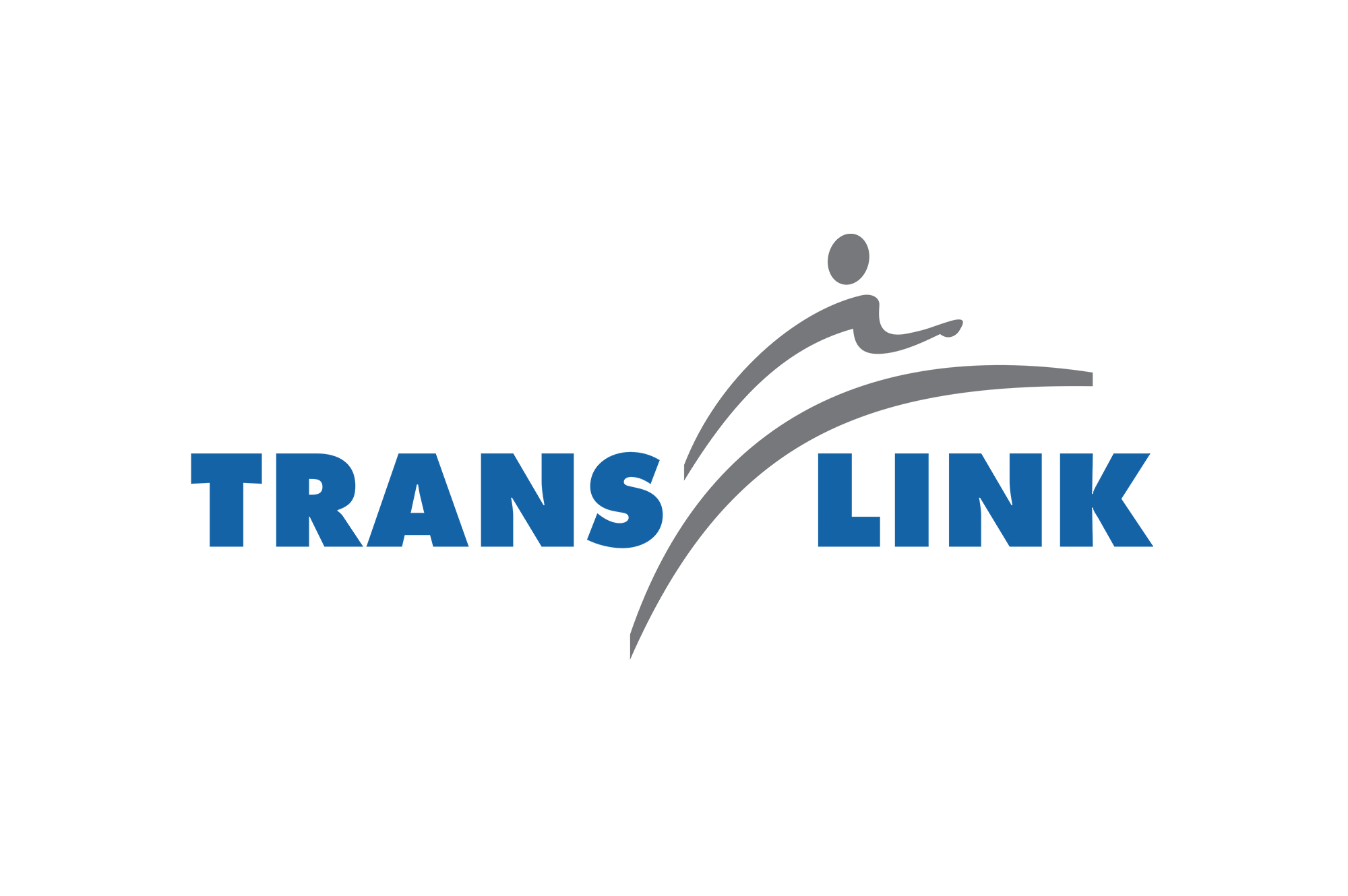BLOG
Increase Productivity Through Digital Knowledge
Insights into how a well-designed digital knowledge solution outperforms instructor-led training for improving cognition and accelerating expertise.

Insights into how a well-designed digital knowledge solution outperforms instructor-led training for improving cognition and accelerating expertise.

“A one percent increase in productivity has more than 10 times the financial impact as a one percent decrease in training costs,” says Deloitte’s L&D lead, Josh Bersin.
Investing in digital knowledge makes business sense. There is a great deal of evidence about the many financial benefits of digital knowledge, however, a well-designed digital knowledge solution can also outperform instructor-led training when it comes to improving cognition and accelerating expertise.
According to a meta-analysis by the US Department of Defense, a relevant digital knowledge experience is six percent more effective than traditional classroom instruction for teaching of facts and concepts related to technical subjects. As well, digital knowledge is found to be 11 percent more effective than classroom instruction when different instructional methods are used to deliver courses.
These findings should not come as a surprise. A well-designed digital knowledge experience focuses a learner’s attention to specific problems and allows them to pause, repeat, and process information during instruction. It also provides real time feedback to learners.
Additionally, digital knowledge allows for different instructional strategies to be used simultaneously, which helps increase the retention of facts and concepts over time. In an asynchronous learning environment, all these gains will occur faster and more effectively than a collective classroom environment.
How do these gains yield significant productivity returns? Let’s examine this question with a bottom-up analysis.
Organizations generally deliver two types of training to address their business needs: training for declarative knowledge, which refers to facts and concepts learned and stored in the long-term memory, or procedural knowledge, which refers to how to perform a task. Procedural knowledge is knowledge of how to dismantle electrical conduits safely is an example of procedural knowledge. It grows through repetition.
Declarative knowledge is critical to perform job tasks, in many cases, more so than procedural knowledge, because it lays a foundation for conscious competence – you know what you know and you have the ability to articulate and apply what you know. An operator’s ability to recite a particular regulation is an example of declarative knowledge.
This ability can speed up the learning process in new settings, facilitate transfer of skills, and the communication of knowledge to others. This is how expertise develops.
Indeed, a chief goal of training is to accelerate the growth of expertise. Attaining expertise is critical because experts bring operational discipline, work acumen, lower error rate, and higher quality work to your business. These attributes easily translate into productivity gains that influence your organization’s financial bottom line.
As Bersin reminds us: “if every dollar you spent on training increases worker productivity by a few percent, your training programs will generate enormous return on investment.” This is happy news for both learners and business owners.
We develop digital knowledge solutions. Our team makes heroes of learning and development professionals. We improve workspace experience (and lives) across the globe, with better learning.


